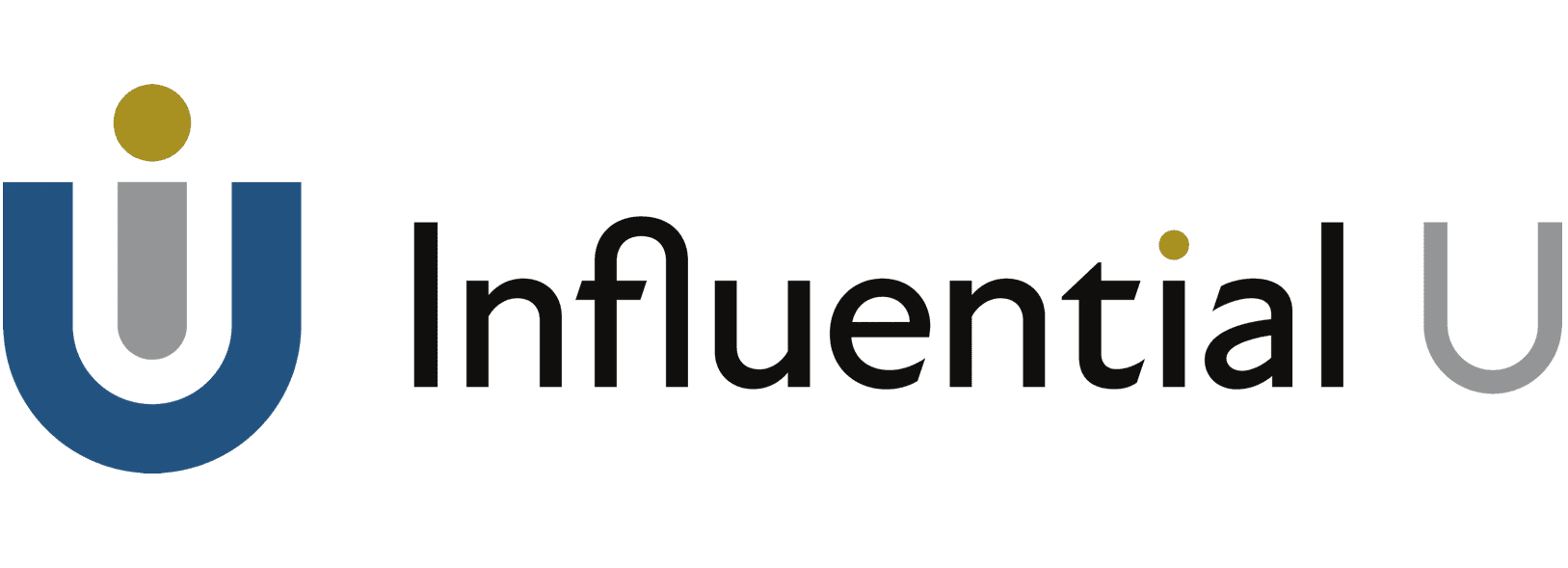**Ignoring philosophy and its relevance to medicine is like ignoring gravity. We all know gravity exists; we don't know exactly what it is, but we know we can't ignore it. We know philosophy exists, but mostly we ignore it … at our peril.
**Why is philosophy relevant to medicine? And what are the dangers of ignorance of the influence of philosophy?
Philosophy underpins how we think about the world, our relationship to the environment, and each other and shapes how we know what we know.
Philosophical worldviews shape how we view relationships, ethics, politics, aesthetics, and the environment.
At this point in human history, there seems to be a shift in the philosophical orientation we have to the world.
Developing perspective
A dominant world perspective until now might be called “dualism.” This view has given rise to all the examples of “them” and “us”, such as tribalism, war, colonialism, political parties, and domestic violence. The dualistic perspective also separates the “mind” from “body” (the perspective that our consciousness and the stories and memories we carry are somehow housed in a separate domain called “mind”, separated from the rest of our body.
Perhaps we are transitioning from a Newtonian, interactional, machine-like, dualistic perspective of how the world works to one where there is a more co-constitutive, flowing relationship between humans and the other aspects of the environments in which we are embedded.
Evidence for this shift (on the macro-scale) includes the general acceptance of human-induced climate change and other forms of environmental degradation and (on the micro-scale) the recognition of the importance of the microbiome to our health. Historically, it has been an error or at least a blindness to the fact that humans are part of the milieu in which we exist and that we affect that milieu and are inescapably influenced by it.
The Western European-derived civilizations that embraced the dualistic construct have resulted in multiple problems – the residue of colonialism, slavery, resource exploitation, and widespread inequalities in income and resource distribution.
How is this relevant to medicine?
Modern medical practices emerged as a response to what is generally seen as external threats – infectious diseases such as cholera, plague, smallpox, etc., and the trauma caused by conflict or accidents, or internal threats such as cancer, arthritis, or atheroma. The dualistic metaphor of war is used in this interactional orientation, which sees germs as the enemy, or cancer or inflammatory diseases as illnesses to be fought. Even addiction is seen through the prism of requiring a “war” on drugs.
Our patients “fight” their cancer or sepsis as if some enemy is invading their bodies, and chemotherapy or antibiotics are viewed as weapons in the battle to save the patient. Some aspects of that orientation have led to practices that can be cruel, counterproductive, and often futile.
Process-relational philosophy
Perhaps a more helpful orientation might come from a process-relational philosophy illustrated by the generally accepted perspective of evolution as a process of gradual change; that we are in an inextricable relationship between what came before and what emerges to produce adaptations best fit for current circumstances. In addition, the development of all life forms, including us humans, has occurred in a dynamic relationship between and within the whole environment of the planet (and universe). Environmental science and ecology also illustrate the interconnectedness of humans and the environment.
Much of medical science and practice is now beginning to incorporate this perspective. For example, the recognition that we live in an intimate relationship with bacteria and other organisms that reside on us and in us, most of them beneficial, if not essential. The adages “you are what you eat” and Hippocrates’s famous quote “Let food be thy medicine, and let medicine be thy food,” are more credible with current science. In addition, there is now acknowledgment of the contribution of fitness developed through exercise that helps build immunity, and that the utilization of the body’s natural systems through vaccines works to develop the capacity to live with pathogens and not have to eliminate them.
A process-relational philosophy might underpin an orientation in medicine to work with patients to develop resilience, build or rebuild capacity, restore balance, to develop a surplus of health to forestall threats. Not a battle, but a construction.
Might we invest more time and resources into this activity? What might it look like to offer this perspective to our patients? Perhaps it is time for the medical profession (and the community) to develop the capacity to follow the adage “prevention is better than cure.”
Might it be valuable for doctors to shoulder the responsibility to engage patients in the “process-relational” perspective and begin to view our engagement with patients as a reciprocal “transaction”?
When patients (or the government) pay us to provide health care, might we begin to offer a better return on their investment by delivering processes or new habits to build resilience and a surplus of health?
At a micro-level, do we take responsibility for our own health, or do we ignore the impact on patients when we display and demonstrate that we don’t care about our own health? If we are to advise patients on how they might reduce stress, might we practice what we preach?
At the macro-level, might we shoulder the responsibility to the wider world to offer not only biological solutions but a philosophical solution to the world’s most pressing problems?
Dr. Gary Ward, MBBS, BSc, BMedSci, is a general medical practitioner in Perth, Western Australia, with a specialisation in preventive medicine and health promotion. He is the personal physician to many of the leading business and community leaders in Perth, and offers a private, personalised, proactive medical service for building and maintaining health and happiness.
His tertiary studies at the University of Western Australia include a Bachelor of Science degree in Zoology in 1973, a Bachelor of Medical Science in Human Physiology with First Class Honours in 1976, and a Bachelor of Medicine and a Bachelor of Surgery in 1980.
During his university years, he participated at the elite level in the sport of rowing, winning multiple state titles and two national titles in eight-oared and coxed pair boats.
Following graduation in medicine in 1980, Dr. Ward worked at Perth’s leading teaching hospital (Royal Perth Hospital) and began physician training. He then traveled to England and worked in a specialist Neurology hospital in Leeds and then at the prestigious Addenbrooke’s Hospital in Cambridge and the tertiary Cardiology unit at Papworth Hospital in Cambridge. It was in Cambridge that he met his wife, Claire.
After returning to Australia in 1984, he continued physician training and research in Neurology, and then entered private general practice in 1987.
He is senior faculty for Influential U, a higher education in Transactional Competence and a founding board member of The Institute of Transactional Philosophy, bringing the research, study, and applied learning of Transactional Philosophy to a global audience.
Dr. Ward has completed the entire Influential U curriculum and participates in our Legends Program.



